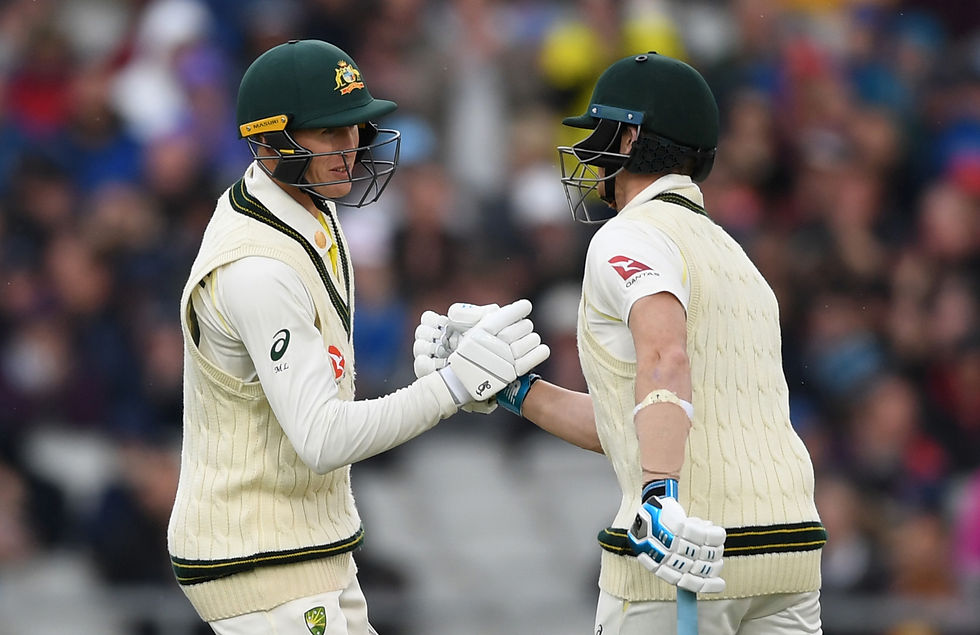Liverpool FC's Journey to Defensive Assurance and Learning the Dark Arts of the Game
- Saurabh Nagpal

- Sep 6, 2020
- 3 min read
Jam along to Whatever It Takes by Imagine Dragons while reading this post.

Written on: September 29, 2019
The Liverpool of 2017 was ruthlessly fast, aggressively offensive, and always running mad while chasing the ball. It seemed like they were in pursuit of scoring five in every game even if that meant leaking goals at the back. On their day, they were unstoppable. Flashback to the game versus Pep Guardiola's Manchester City, even they not able to contain the Klopp's men. The Reds ran a riot on the poor Citizens that day.
Witnessing Liverpool evoked a happy, positive feeling around the camp and amongst the fan base. Their games were, to say the least, extremely thrilling. You were glued to the screen. There was pure chaos on the field. And because of their fragile defense, the Reds always tried to outscore their opponents.
Soon, things changed. The arrival of Virgil van Dijk from Southampton in January 2018 became a focal, pivotal point in Liverpool's journey towards defensive stability. The move was supposed to happen in the summer but couldn't materialize. However, as they say, better late than never. In hindsight, the Liverpool fans would, without blinking an eye, accept the lateness or the high fee paid for the move any day of the year. Like a good (one of the best!) fish in the pond, van Dijk revitalized the defensive line of the team and uplifted the levels of his colleagues. With the addition of Alisson Becker the following year, the defensive structure of the Reds became so tough to break down that they ended up with the most number of clean sheets in the 2018-19 season.
To not talk about the role of supremely hungry and ever-ready-to-run midfield in making Liverpool defensively sound would be doing them an injustice. The abundance of the physical, box-to-box midfielders who can dribble, pass, and hold the ball equally well along with the introduction of Fabinho in the midseason of the 2018-19 campaign, had been immense. Fabinho had come into his own after he cemented his place in the starting XI. For the midfield, he was what the No. 4 had been for the backline.
After winning seven from seven in the current season, Klopp's team has shown signs of development of another vital skill in their armory. Since the last year, the Reds have learned and improved their management and understanding of the game. They can recognize what is more important at a certain moment, which has resulted in better consistency. Street smartness and the employment of the dirty work - the dark arts of the game - has also been incorporated into the defensive inventory of Klopp's army.
In the recent away victories against Chelsea at the Stamford Bridge and Sheffield United at Bramall Lane - both daunting venues - Liverpool, after taking the lead, was seen wasting time (and wasting it well) in the latter half of the games. Adrian received yellow cards in both the games for delaying his goal kicks. Similarly in the Chelsea game, delayed throw-ins were a reason for infuriating the home supporters along with the opponents.
Game management, time-wasting, and frequent professional fouls aren't the facets of the game that would have been associated with the furious Liverpool of 2016-17. In the early years of Klopp's reign, the Reds wanted to play beautiful football perpetually. Klopp's men have come a long way from that. The mastery of the dark arts is vital for winning the league.
It's too early to say anything but Liverpool will have to match the relentlessness of the reigning champions and continue on developing, only then will it (finally) be their year!
Picture Credits: dailymail.co.uk via Pinterest




Comentários